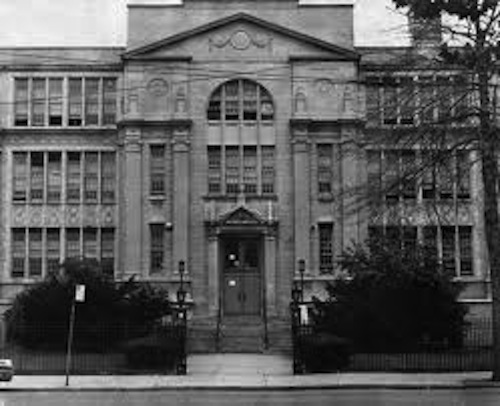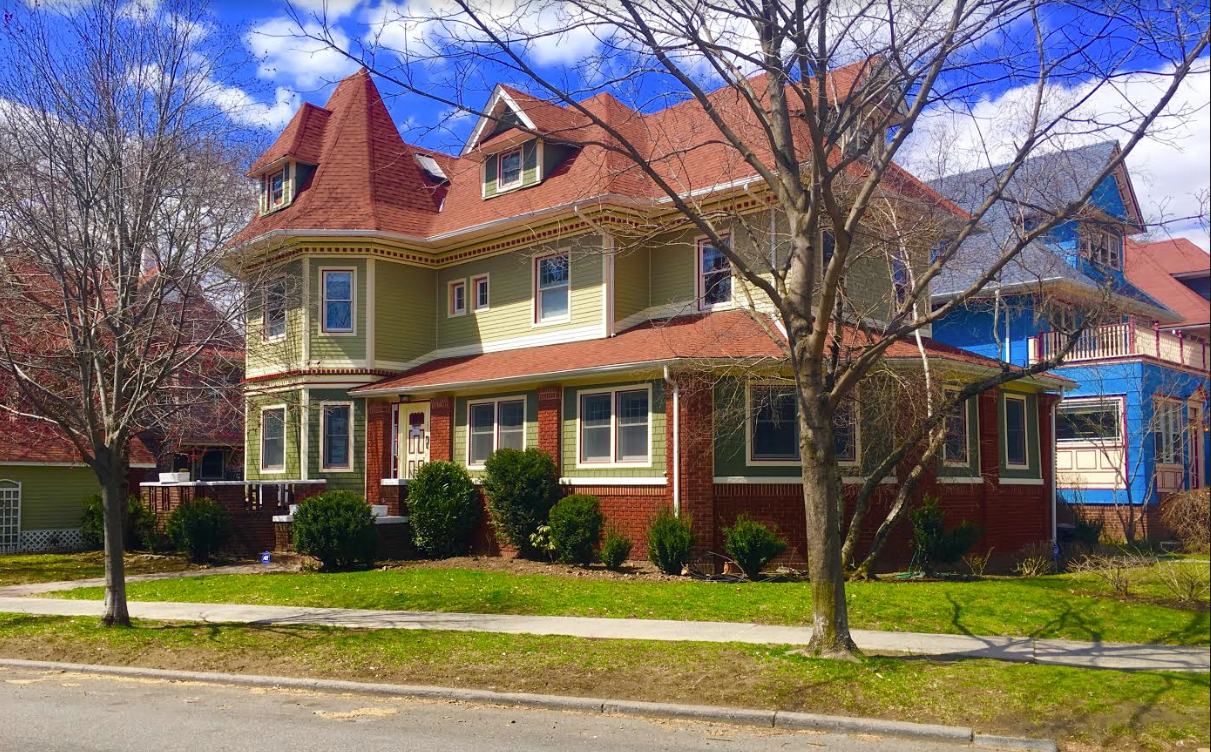OPINION: Remembering a unique Brooklyn high school student

I’ve been teaching writing and literature in New York City’s public school system for almost nine years. This spring, my former building will graduate its final class just shy of reaching the century mark. The school’s phase-out process followed the usual script that no education reformer cares to discuss: a decent school declared dangerous, unable to attract new students, chronic absentees mysteriously transferred into the building, and on and on.
So I’d like to reflect on the thousands of students who passed through the building over the decades. It’s impossible to contemplate them all. So I’ll pick just one.
We’ll call him Michael. I never had him for a student, but he was the star writer of the literary club, where I served as adviser, when he wasn’t busy editing the school’s newspaper or acting in a play. At 15, he was already turning in work equivalent to that of a well-seasoned adult. His essays were smooth and polished. They had integrity, insight, and incredible potential.
We began to edit his work privately, sometimes in person, often through the margins of papers handed back and forth through busy hallways. I wanted to show him the power of editing, removing some of those seductive adverbs and adjectives that swayed so many young writers. I told him about a professor I had in grad school, a brilliant essayist who could edit student papers by simply closing his eyes and listening.
The years went by and the kid only got better. We combed over Regents essays, college applications and new material for the literary magazine. In his junior year, he sat down to take the English Regents exam and recorded one of the highest scores in the state.
By senior year Michael was so immersed in extracurricular activities that I often saw him only in passing. One day I handed him a flyer from one the city’s many teen writing contests. It was sponsored by a gay and lesbian organization that wanted themes specifically geared to their community. I presumed Michael would write something about marriage equality or perhaps gays in the military. I still recall the way he turned in his finished piece. He was neither nervous nor overtly dramatic. He passed it to me with matter-of-fact confidence.
Michael’s essay was about growing up in a strict, first-generation American family and what it was like to openly discuss his sexuality with his father for the first time. He wrote about his initial trepidation. He wrote about the acceptance and understanding they eventually came to share. Michael had discovered his own voice and he was proud of it. He won that contest, of course.
We lost touch after that. Graduates could no longer visit an alma mater that was almost gone. Besides, all his favorite teachers had been “excessed” from the building. I still drive by the old place from time to time. But there is no longer any present, just a high school of the mind receding deeper into memory, growing smaller and smaller in my rearview mirror. I even look over Michael’s essay occasionally; recalling him and all those countless others, their spirits swirling high above the school’s hallowed bell tower forever.
